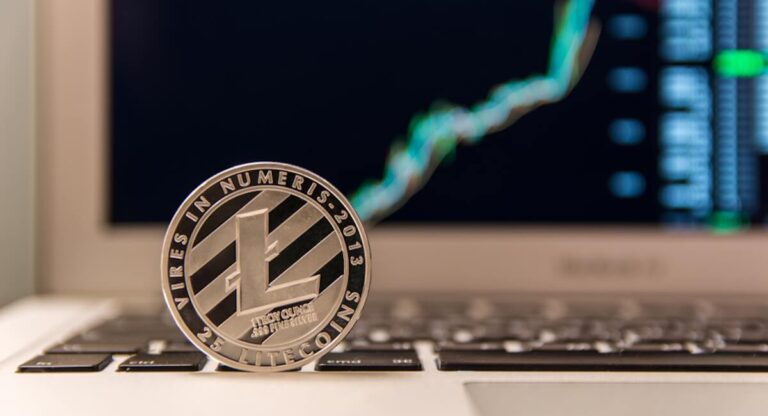JP Morgan raises concerns about Tether’s Bitcoin reserves
JP Morgan has recently made claims suggesting that Tether, the leading stablecoin in the cryptocurrency market, may need to sell off its Bitcoin reserves in order to comply with proposed regulations in the United States. Tether, in response, has dismissed JP Morgan’s concerns as baseless and has labeled the financial institution as “salty.”
The controversy surrounding Tether
Tether, a stablecoin that is pegged to the US dollar, has been a subject of controversy in the cryptocurrency world due to its opaque nature and lack of transparency regarding its reserves. The company has come under scrutiny for its alleged manipulation of Bitcoin prices through the issuance of unbacked Tether tokens.
JP Morgan’s stance
JP Morgan’s recent claims suggest that Tether may not have sufficient reserves to back its USDT tokens and may be forced to sell off its Bitcoin holdings to meet regulatory requirements. This could have a significant impact on the cryptocurrency market, especially given Tether’s prominent position in the industry.
How will this affect me?
As a cryptocurrency investor, the news of Tether potentially having to sell off its Bitcoin reserves could lead to increased volatility in the market. If Tether were to liquidate a significant portion of its holdings, it could have a ripple effect on the prices of Bitcoin and other cryptocurrencies, impacting the value of my investment portfolio.
How will this affect the world?
The implications of Tether selling off its Bitcoin reserves extend beyond individual investors to the broader cryptocurrency market and potentially the global economy. A sudden liquidation of assets by Tether could destabilize the market, leading to widespread panic selling and market turmoil. This could have far-reaching consequences for the financial stability of the world.
Conclusion
In conclusion, JP Morgan’s concerns about Tether’s Bitcoin reserves have sparked a debate within the cryptocurrency community about the stability of stablecoins and their impact on the market. The outcome of this situation remains uncertain, but it serves as a reminder of the need for greater transparency and regulation in the cryptocurrency industry to protect investors and ensure the integrity of the market.





